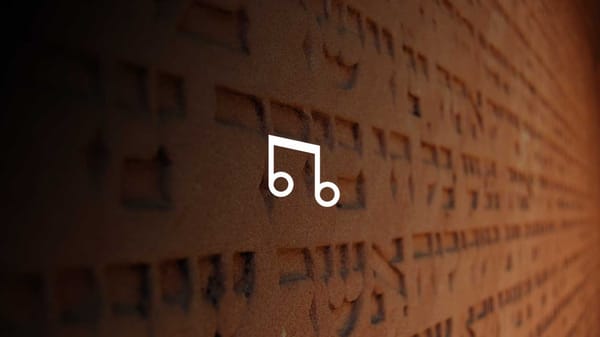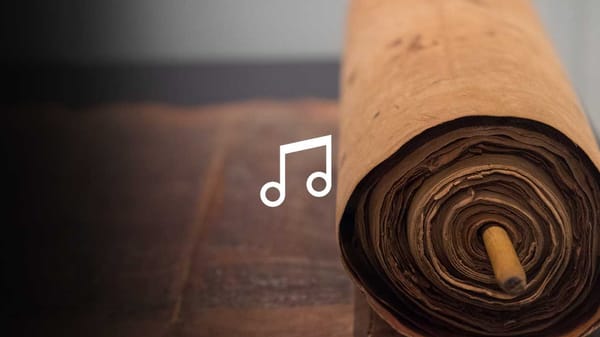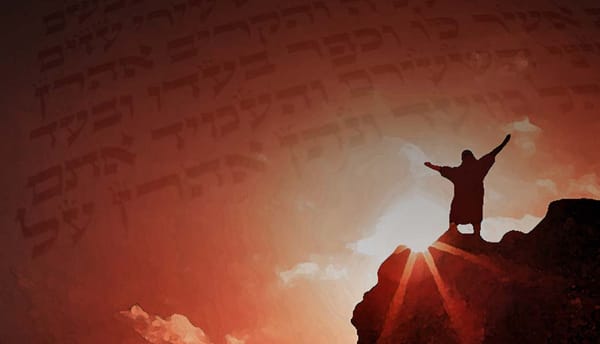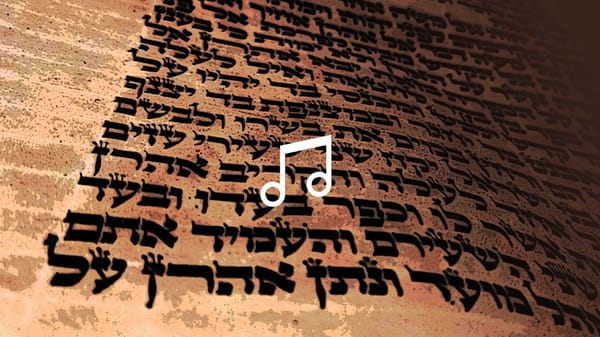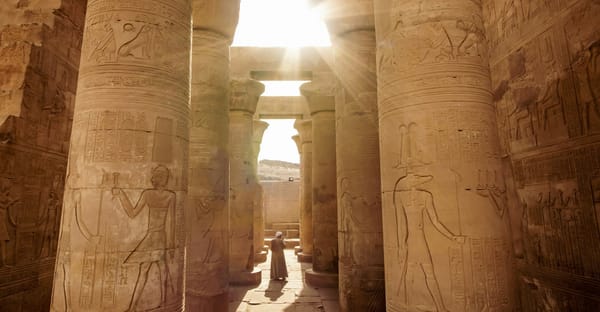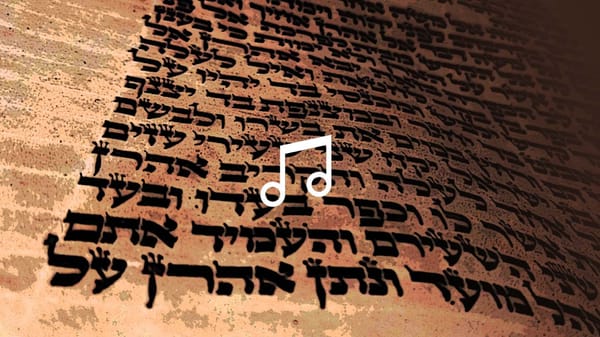
War and Peace
Whether you get lost in the pages of Tolstoy or Torah, some things in life are certain and clear. Some paths are righteous, and others are not. One can get very turned around in the complexity of life's choices. Yet, if you tune in your years to God’...



